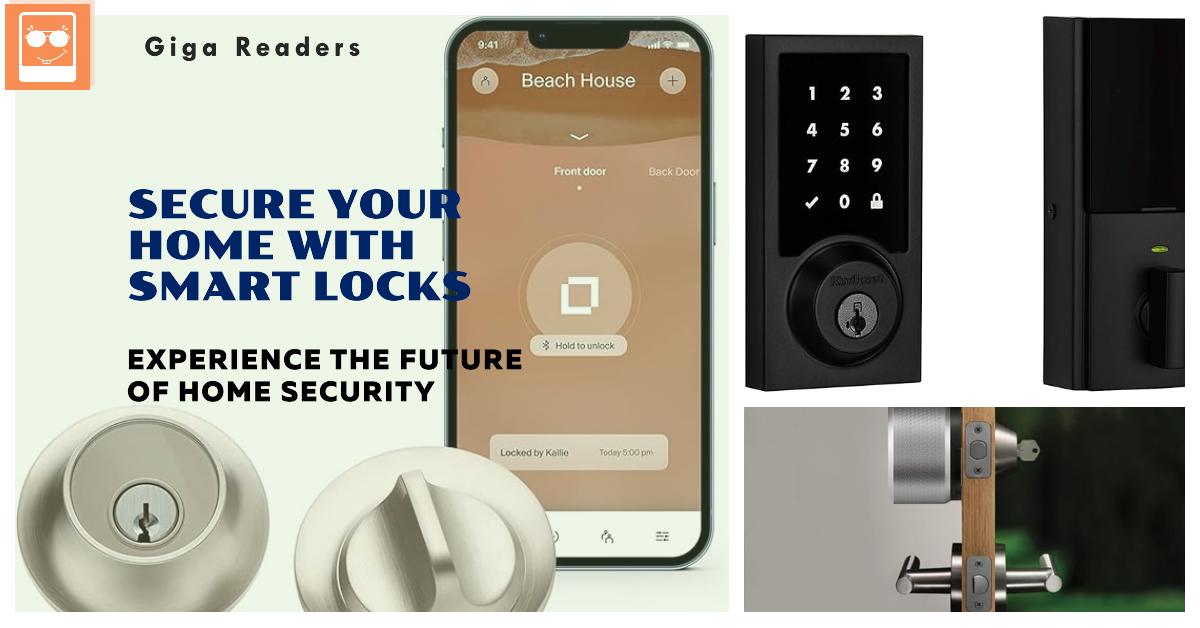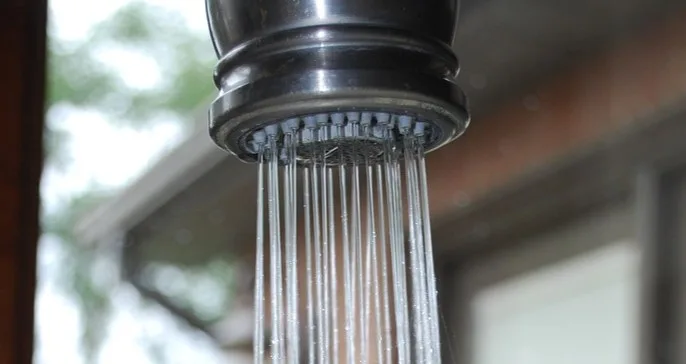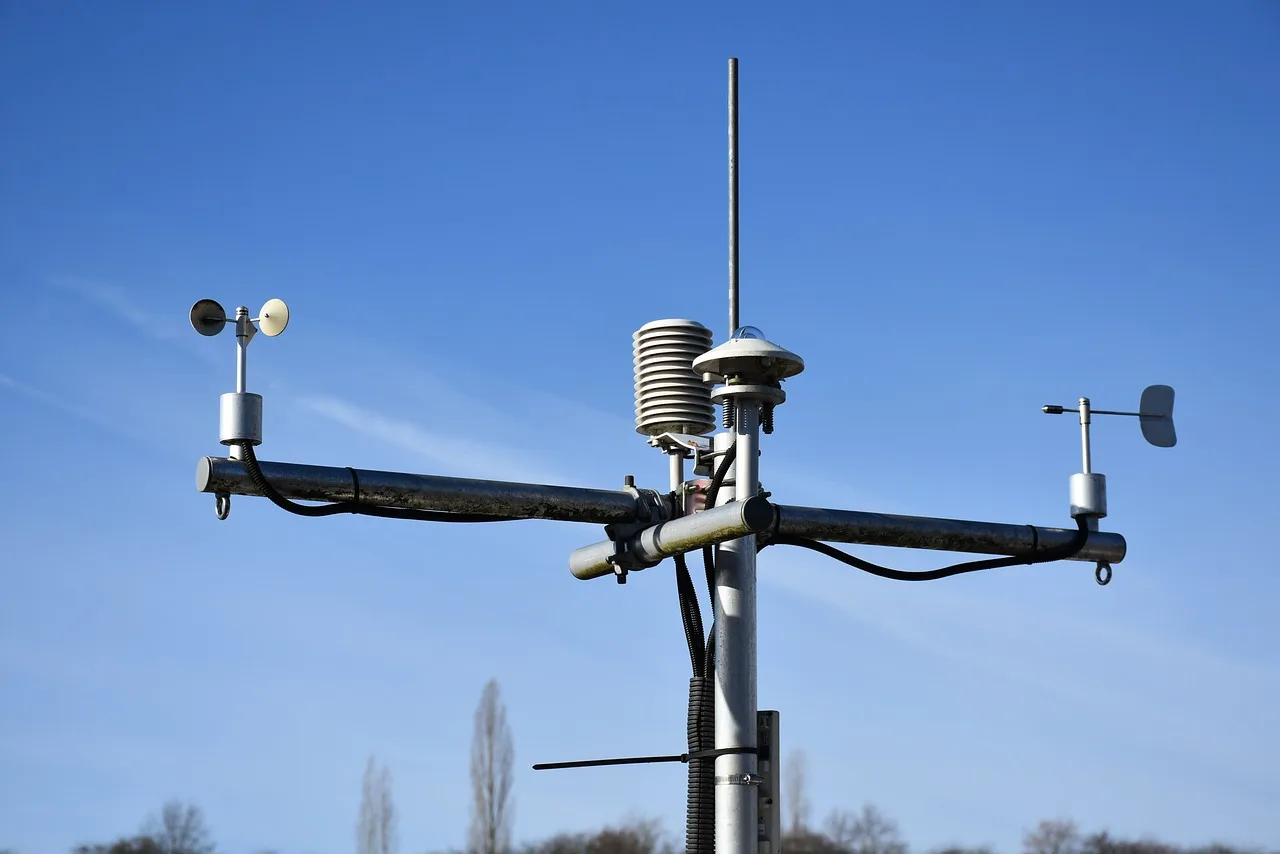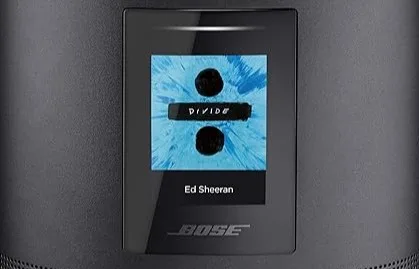Securing our homes has always been a top priority for homeowners. With advancements in technology, traditional locks are being replaced by smart locks. These innovative devices offer enhanced security features, convenience, and seamless integration into your smart home systems. But how do they stack up against conventional lock systems? Let’s dive into the world of smart locks!

Table of Contents
- Convenience vs. Traditional Locks
- Security Concerns
- Integration with Smart Home Systems
- Power Source and Reliability
- Compatibility and Installation
- User Experience and Learning Curve
- Cost Considerations
- Backup Access Methods
- Top Recommendations & Comparison Table
- Conclusion and FAQs
1. Convenience vs. Traditional Locks
Traditional Locks require physical keys that can easily be lost or duplicated, causing potential security risks. Moreover, managing access for guests or family members might necessitate making additional copies or hiding spare keys around the house.
Smart Locks, however, provide unparalleled convenience through remote access control via smartphones, voice commands, or even biometric data such as fingerprints. They allow users to grant temporary digital keys, monitor entry logs, and receive real-time alerts – all from their mobile device.
2. Security Concerns
While some may argue that electronic devices could be vulnerable to hacking attempts, modern smart locks employ robust encryption protocols and frequent software updates to minimize these threats. Additionally, many manufacturers incorporate advanced features such as anti-tamper sensors, activity tracking, and auto-lock mechanisms to enhance overall security.
On the other hand, traditional locks rely solely on mechanical components which can be picked or bumped open by skilled burglars. Thus, while neither system is entirely foolproof, smart locks generally offer superior protection compared to their outdated counterparts.
3. Integration with Smart Home Systems
One major advantage of smart locks is their compatibility with various smart home ecosystems, including Amazon Alexa, Google Assistant, Apple HomeKit, Samsung SmartThings, and others. This integration enables hands-free operation, scene creation, automation rules, and centralized management alongside other connected devices within the household.
In contrast, traditional locks lack this level of interconnectivity, limiting user customization options and forcing reliance on manual input methods.
4. Power Source and Reliability
Most smart locks operate on batteries, providing consistent performance until depleted. While there’s always a risk of unexpected power loss, most units emit low battery warnings well beforehand, allowing ample time for replacement. Furthermore, several models include backup power sources, such as AA batteries or external chargers, mitigating downtime concerns.
Conventional locks typically don’t suffer from power issues since they depend exclusively on mechanical energy supplied by keys. However, this design limits their functionalities and adaptability compared to smart alternatives.
5. Compatibility and Installation
Many smart locks retain similar dimensions and mounting points as traditional deadbolts, enabling straightforward retrofitting without requiring extensive modifications. Before purchasing, ensure the chosen model matches your door type and configuration for hassle-free installation.
By comparison, traditional locks tend to have fewer prerequisites due to their simplistic nature; nonetheless, selecting compatible hardware during initial construction remains crucial to avoid future complications.
6. User Experience and Learning Curve
The learning curve associated with smart locks varies depending upon individual technical proficiency. Most individuals accustomed to operating smartphones will find adjustment relatively simple, thanks to intuitive app interfaces and clear instructions provided by manufacturers.
Alternatively, those unfamiliar with modern technologies may initially struggle adapting to new procedures, although ongoing support resources and community forums facilitate smoother transitions. Meanwhile, familiarizing oneself with traditional locks usually involves minimal effort, primarily because of their ubiquitous presence throughout history.
7. Cost Considerations
As expected, smart locks carry higher price tags than standard versions due to embedded electronics and sophisticated designs. Nevertheless, consumers often view these costs justified considering improved functionality, heightened security, and increased convenience offered by smart solutions.
It’s essential to weigh prospective benefits versus expenditure when contemplating investment decisions. Ultimately, personal preferences, budget constraints, and specific requirements dictate whether investing in a smart lock makes sense for individual circumstances.
8. Backup Access Methods
To address possible connectivity disruptions or malfunctions, reputable smart lock brands incorporate redundant unlocking mechanisms. Examples include keypads, RFID fobs, or physical keys included in package deals. Such provisions guarantee continued access amidst technological hiccups, preserving peace of mind for end-users.
In summary, traditional locks prioritize simplicity over innovation, whereas smart locks strive to balance cutting-edge capabilities with practical usability. Understanding respective strengths and weaknesses empowers informed choices tailored to individual needs and expectations.
Top Recommendations & Comparison Table
Here we present five highly regarded smart lock models available on Amazon, comparing integral aspects affecting consumer satisfaction.
| Brand | August Pro | Schlage Encode | Yale Assure SL | Kwikset Premis | Level Lock Touch |
|---|---|---|---|---|---|
| Price Range | $250-$300 | $250-$300 | $200-$250 | $150-$200 | $300 |
| Connectivity | WiFi + Bluetooth | Z-Wave Plus + Bluetooth | WiFi + Bluetooth | Bluetooth + WiFi | WiFi + Bluetooth |
| Power | CR123A x 2 | Internal rechargeable | CR123A x 2 | 4xAA | Built-in rechargeable |
| App Rating | ★★★☆☆ | ★★★★☆ | ★★★★☆ | ★★★☆☆ | ★★★★☆ |
| Keys Included | No | Yes | No | Yes | No |
Conclusion and FAQs
After thorough examination, it becomes apparent that smart locks surpass traditional variants regarding ease of use, security features, and versatile integrations. Nonetheless, considerations surrounding cost implications, reliability, and backup measures remain paramount factors guiding decision-making processes.
Below are five frequently asked questions related to smart locks:
- Can someone still break into my house if I have a smart lock installed?
Unfortunately, no lock guarantees complete invulnerability. However, smart locks significantly reduce likelihood through encrypted communications and tamper detection. - What happens if my phone dies, and I cannot unlock my smart lock?
Reputable brands supply alternative unlocking options, e.g., keypads, RFID fobs, or physical keys, catering to contingencies like dead phones. - How long do smart lock batteries last?
Typically, batteries endure between six months to two years, varying based on usage patterns and frequency of firmware updates. - Do smart locks work during power outages?
Provided sufficient battery life, yes. Some models feature backup power sources extending operability during blackouts. - Are smart locks covered under home insurance policies?
Coverage depends on insurers’ terms and conditions. Consult policy documents or contact providers directly for clarification.


